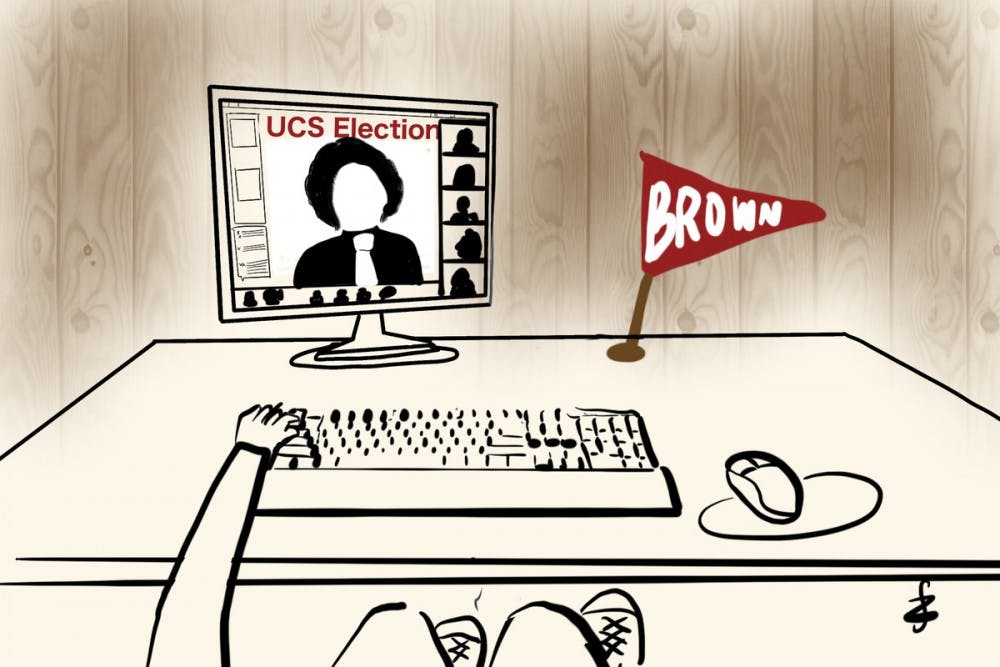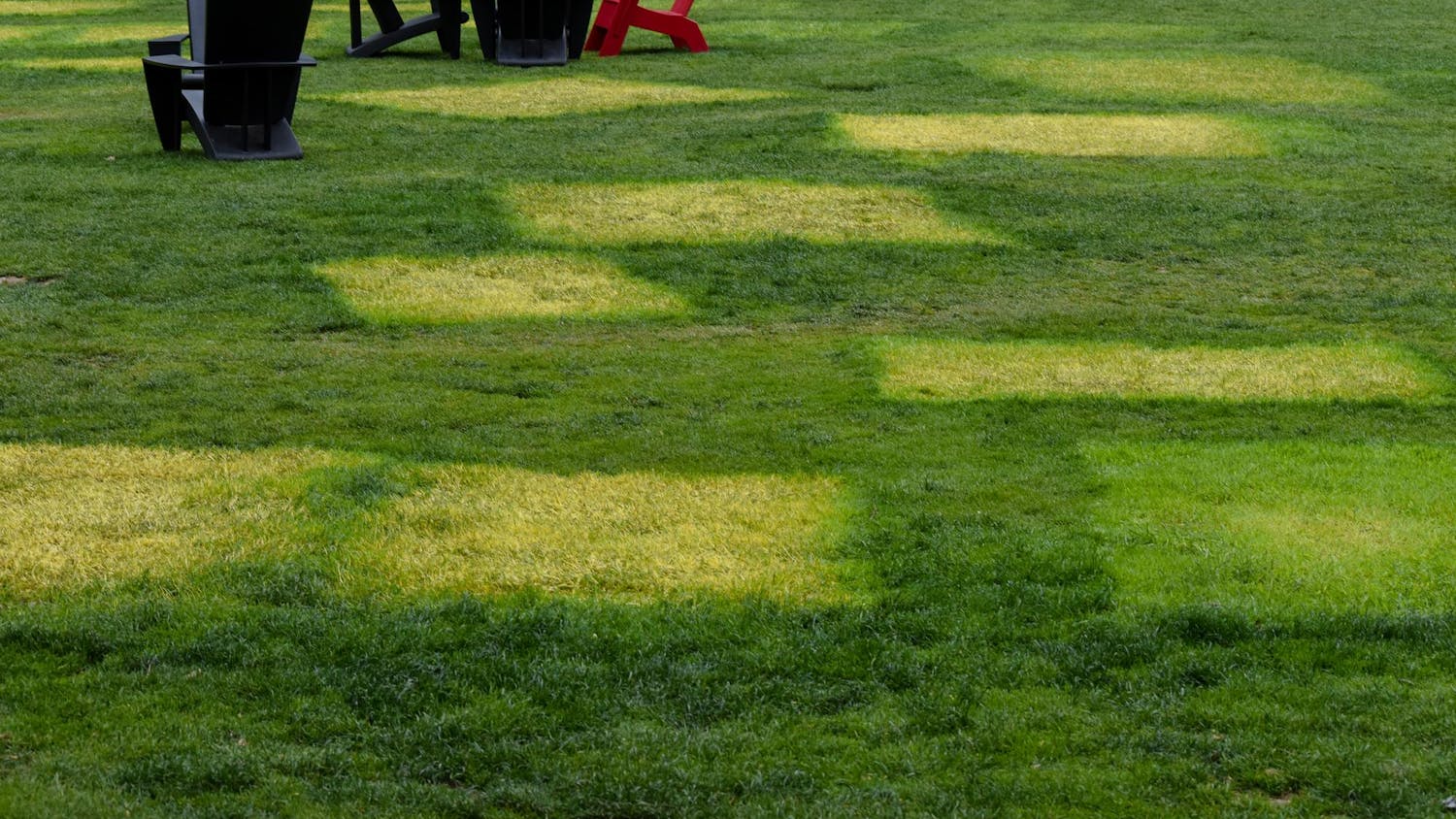The Undergraduate Council of Students kicked off its election process for first-year representatives last week with two information sessions. First-year elections will take place entirely virtually this year, with freshmen candidates campaigning from home in accordance with the University’s tri-semester instruction model.
“Because of the virtual format, COVID restrictions and abbreviated semester, UCS has made adjustments to the (First-Year) Representative campaign and election process,” the Council wrote in an Oct. 12 email to first-years. The election timeline and several logistical changes were solidified through an amendment to UCS’ constitution, The Herald previously reported.
While first-year representative elections usually occur within the first three weeks of the academic year, an exception was made due to the COVID extenuating circumstances this fall. The campaigning and election processes will now occur late October through early November.
This election, UCS also eliminated the requirement for candidates to obtain 200 signatures from the student body and extended first-year representative terms to include the summer semester.
The Council is “trying to really think very intentionally about how we do these elections to make them accessible for everybody but also still attract quality candidates,” said Chair of Campus Life Zane Ruzicka ’23.
The signature requirement “is really supposed to allow candidates to go out and talk to their constituency,” he said. “Unfortunately for first-years, they don’t really have that opportunity; most of them likely don’t know 100 or 200 other people on campus yet.”
But Ruzicka added that he still has reservations about how first-year representatives will be able to engage with their class, expressing that he hopes they will find ways to make up for the face-to-face campaigning opportunities lost during this election cycle.
Students interested in running for the position had to attend one of two informational sessions during the week of Oct. 12 or watch a recorded informational session, attendance of which was assessed through a Google Form.
The informational session “definitely helped me understand exactly what a first-year rep does and also how exactly the election will work,” said a first-year who attended. She said that the session made her more interested in running for the position than she was before.
The student could not be named as potential UCS position candidates may not announce their intent to run prior to an official announcement.
The sessions also furthered interest in UCS among students already looking to get involved in student government.
“Getting involved with UCS has been on my radar for a while, and the info session really solidified my interest in the role and clarified what it is about,” another first-year attendee said. He also said that hearing personal perspectives from UCS members was valuable and helped him form a more holistic view of UCS beyond what can be gleaned from the Council’s online presence.
Candidates must notify the Council of their intent to run by Oct. 24, with the campaigning period running from Oct. 26 to Oct. 30. Online voting will be open to first-years Oct. 30 to Nov. 4, and results will be announced at 12 p.m. EDT on Nov. 5.
The Council has had to work harder than usual to prepare for this first-year representative election season, one year after the position was introduced, said UCS President Jason Carroll ’21. “We had 40 people at our first (general body) meeting, and that was without the student activities fair, so I’d say we’re doing a pretty good job.”
Election Chair Ophelia Duchesne-Malone ’22 said that the Council hopes it can foster a community through virtual campaigning. “So far, there seems to be a lot of first-years turning out at general body meetings,” she said, “so I think there will be pretty good turnout for the first-year rep position.”
Ruzicka anticipates “somewhat of a more crowded field than last year, when there were only five candidates. For there to be more than that would be really awesome, and it would really put the onus on candidates to really differentiate themselves.”

ADVERTISEMENT




